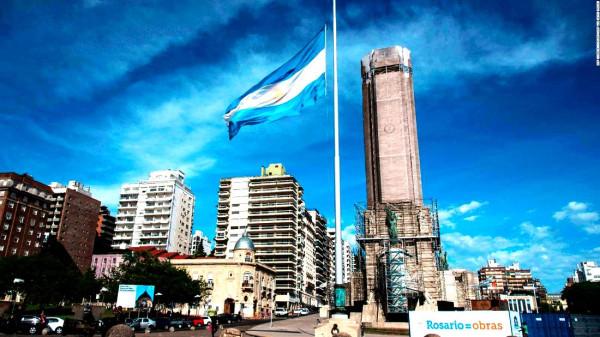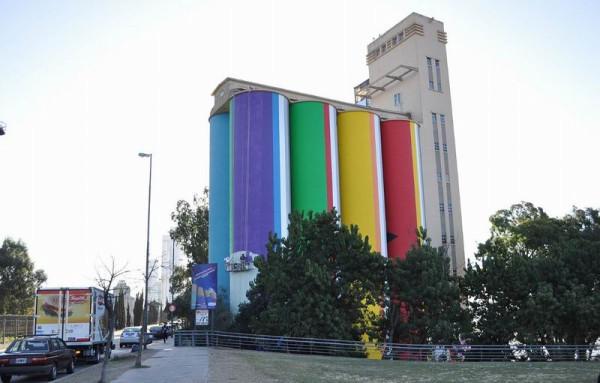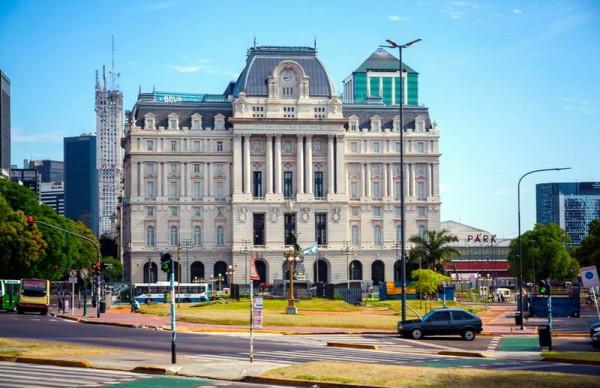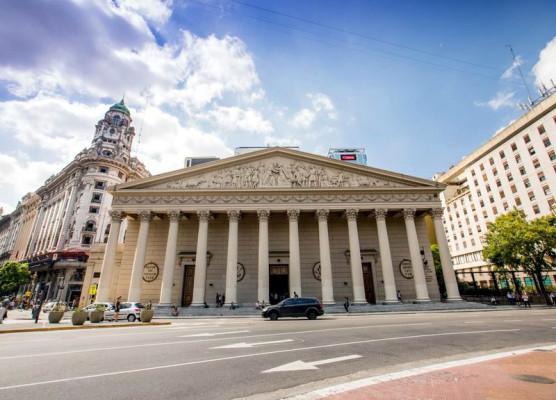The colonial period from 1536 to 1809 saw Spanish occupation of the region and the establishment of a colonial government. This era greatly influenced the culture of Argentina, with the Spanish language and Catholicism becoming deeply ingrained in the country’s identity.
The period of nation-building from 1810 to 1880 was marked by Argentina’s struggle for independence from Spain and the formation of a national identity. This era is steeped in folklore and traditions that still live on in modern-day Argentina. The country’s history of modern Argentina is characterized by the growth and development of the national identity and culture.
Throughout Argentina’s history, culture has been at the forefront of its identity. From the indigenous people who first settled the land to the Spanish colonial influence, from the struggles for independence to the modern era of growth and development, Argentina has a rich and diverse cultural heritage that is worth exploring and celebrating.














